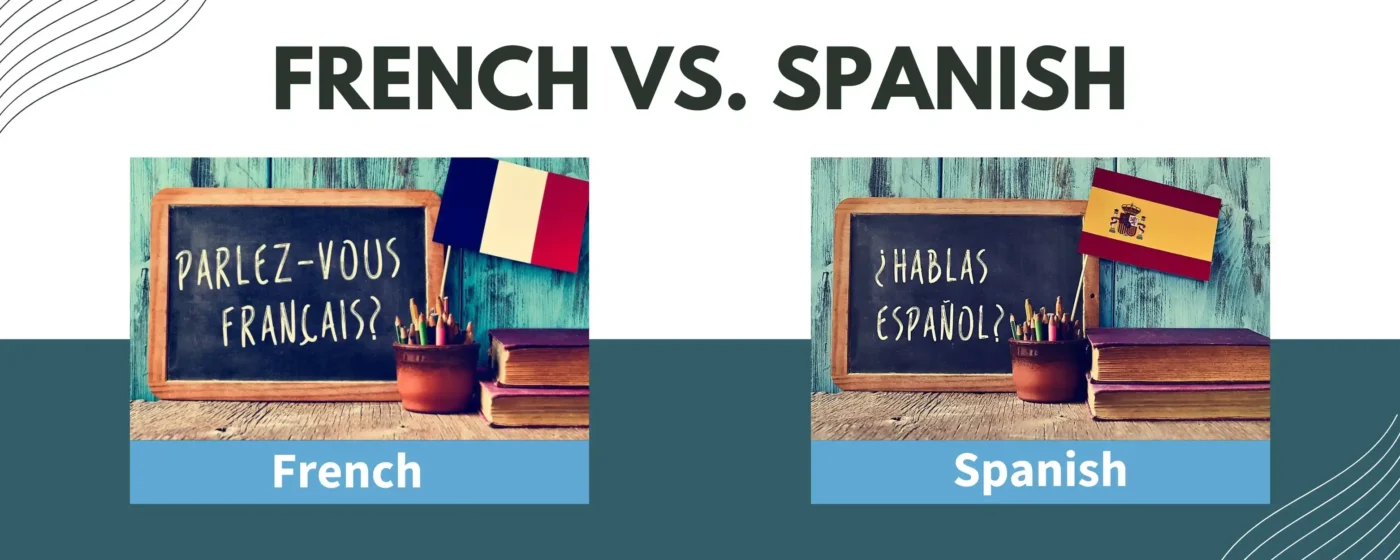In this article, you will learn about the words that you can use instead of Très in French. Adjectives are a crucial part of communication in any language, especially French which is considered to be elegant and descriptive.
Adjectives enable a person to not only communicate with ease but they also help convey the proper message without any room for confusion. They empower speakers to articulate emotions, opinions, and produce intricate visuals, adding individuality to the phrase.
Effective use of adjectives in communication enhances style and cultural awareness and makes it easier to distinguish between identical things. Adjectives, in general, greatly increase the complexity and richness of French communication.
The French word très means “very” but overusing it can make your speech sound repetitive instead of expressive.
Key Takeaways
- Using alternatives like superbe, extrêmement, incroyable, fascinant or infiniment helps you express intensity more artfully and sound more natural.
- Varying intensifiers and descriptive words boosts your vocabulary richness and makes your French communication more specific and elegant.
Introduction to the French word Très
Building your vocabulary is an essential first move towards a proficient language learning experience. The French word “très,” which means “very,” is frequently used to convey emphasis or passion. On the contrary, using this word often might become monotonous.
Thankfully, there is a wide variety of adjectives available in the French literature market that can help you express different intensities more artistically. “Très bien” is a staple phrase generally used by an amateur who wishes to learn French. But using très often can cause your speech to sound boring and repetitive. “Très” translated in English means “very.”
In the English language, synonyms that can be used instead of “very” include adjectives like- Extremely, Exceptionally, Exceedingly, Incredibly, Intensely, and many others, which means that there must be so many adjectives that can be used instead of the ‘T’ word. Let’s see what some of them are-
Let’s understand the words that we can use instead of Très in French
1. Superbe (Superb)
This word can be used to describe anything that is exceedingly lovely rather than relying just on “très beau” or “très belle.” This can be used in the following ways:
Example: “La vue depuis la montagne est vraiment superbe.”
Translation: “The view from the mountain is truly superb.”
2. Extrêmement (extremely)
This word is used to describe something that is in a great extent
Example: Il est extrêmement beau.
Translation: He is extremely handsome.
Example: Elle est extrêmement intelligente.
Translation: She is extremely intelligent.
3. Fort (most)
This word is often used formally and in place of ‘very’
Example: J’en serais fort content
Translation: I would be most pleased about that.
Example: Le café a un goût fort.
Translation: The coffee has a strong taste.
4. Trop (too)
“Trop” translated in English means “too” but it can be used in the place of “très” as and when too is used in the place of very.
Example: La glace est trop délicieuse !
Translation: The ice cream is too delicious
Example: Je suis trop fatigué pour sortir ce soir.
Translation: I am too tired to go out tonight.
5. Tout à fait (completely)
It is used to emphasize the completeness or thoroughness of a statement. For example, if someone agrees wholeheartedly with a statement, they might respond with “tout à fait” to express that they fully agree.
Example: La réponse de l’étudiant était tout à fait correcte.
Translation: The student’s answer was completely correct.
Example: Il est tout à fait content avec son voiture.
Translation: He is completely happy with his car
6. Infiniment (infinitely)
It is an adverb that expresses an immeasurable, boundless, or limitless extent. It is often used to convey a sense of vastness or an immeasurable degree.
Example: La beauté de la nature est infiniment inspirante.
Translation: The beauty of nature is infinitely inspiring.
Example: Son sourire est infiniment joyeux.
Translation: His smile is infinitely joyful.
7. Ravie (Delighted)
The French word “ravie” translates to “delighted” or “pleased” in English. It is the feminine form of the adjective “ravi.” Here are two easy examples with their translations:
Example: Elle est ravie de recevoir des fleurs.
Translation: She is delighted to receive flowers.
Example: Nous sommes ravies par cette belle surprise.
Translation: We are pleased by this lovely surprise.
8. Marrant (Funny)
In French means “funny” or “amusing.” It is used to describe something that provokes laughter or brings joy.
Example: Ce film est vraiment marrant, j’ai ri du début à la fin
Translation: This movie is really funny, I laughed from the start to finish
Example: Il a raconté une histoire marrante qui a fait sourire tout le monde
Translation: He told us a funny story that made everyone laugh
9. Fascinant (fascinating)
Fascinant in French is the equivalent of “fascinating” in English. It characterizes something that captivates one’s interest and holds attention intriguingly or compellingly.
Example: La découverte de nouvelles planètes est un sujet fascinant pour les astronomes.
Translation: The discovery of new planets is a fascinating subject for astronomers.
Example: Les étoiles dans le ciel sont fascinantes
Translation: The stars in the sky are fascinating to look at.
10. Incroyable (Incredible)
The French word “incroyable” translates to “incredible” or “unbelievable” in English. It is used to express something that is astonishing or difficult to believe.
Example: C’est une histoire incroyable!
Translation: This is an incredible story
Example: C’est un gâteau incroyablement délicieux !
Translation: This cake is incredibly tasty
Conclusion
These are some of the adjectives that can be used instead of très in French, In case if one likes to use “très” but not “très bien,” then they can use words like très bon(very good), très chaud(very hot), très drole (very funny), etc. Even though saying très is très fun, using it often may lose its meaning.
Hence, one must use a variety of adjectives to replace très in French as it also makes one sound specific and fluent. To understand which adjective to use how, where, and when, one can always get some help from many available websites like thesaurus, Duolingo, online dictionaries, and now, even chatGPT.
Or you can always circle back and refer to this article and use any of the adjectives mentioned above according to the situation and the context provided.





